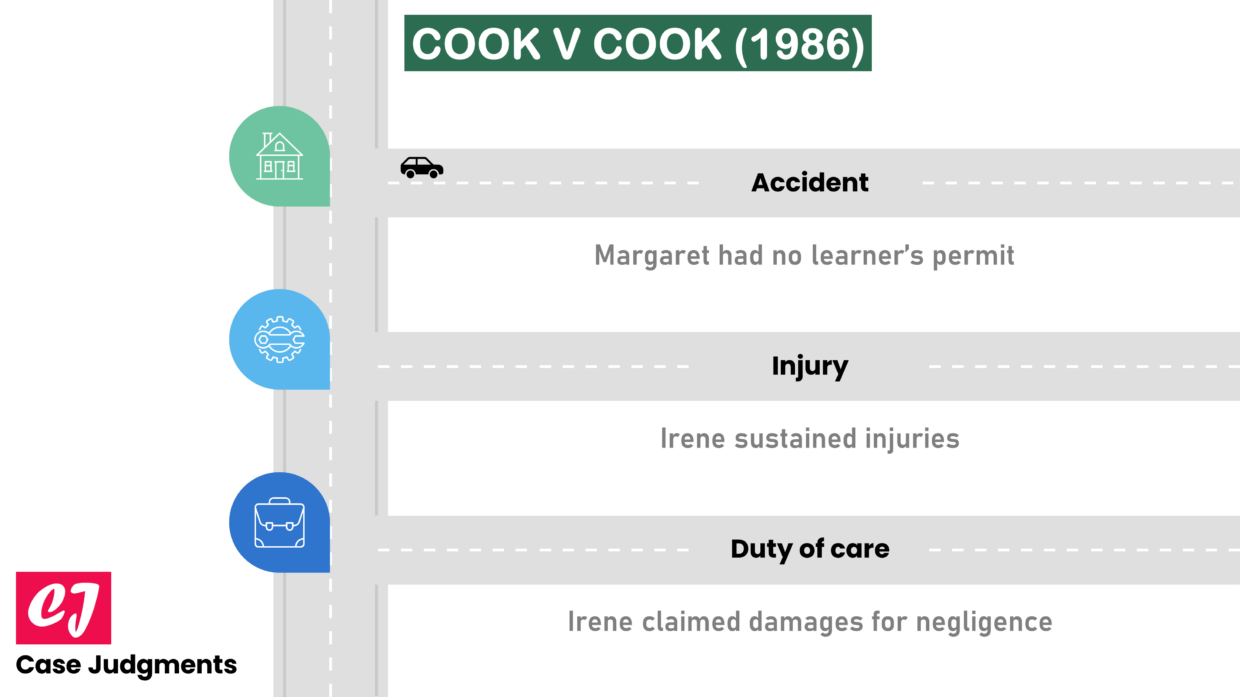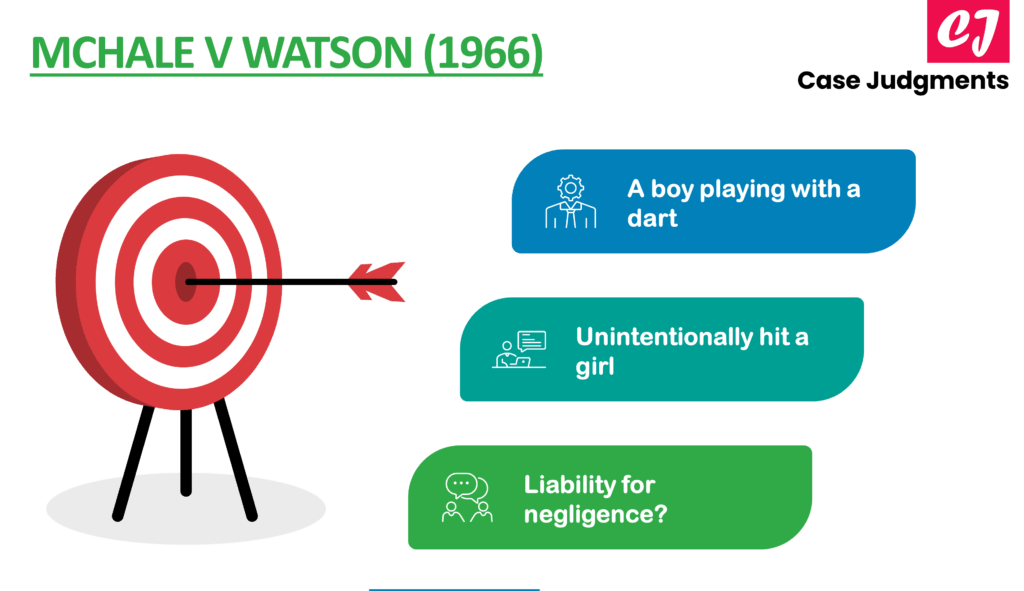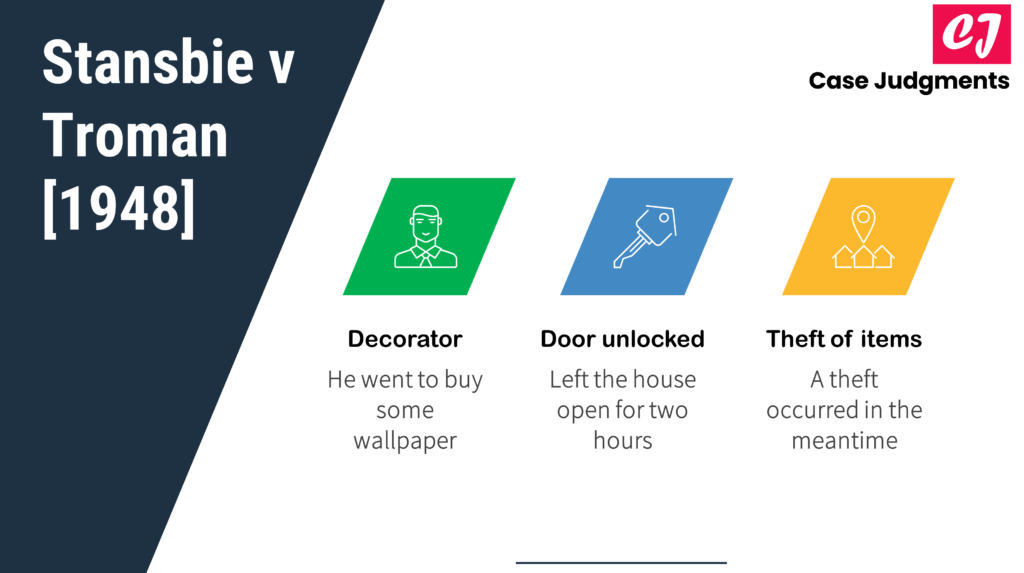
Cook v Cook (1986): A Case Summary
In this blog post, we are covering a summary of the case of Cook v Cook (1986). The case is about negligence where an inexperienced driver, encouraged by a passenger who was aware of the driver’s lack of skill, drove negligently, leading to an accident.
Given below are the case details:
| Case name & citation: | Cook v Cook [1986] HCA 73; (1986) 162 CLR 376; (1986) 68 ALR 353 |
| The concerned Court: | High Court of Australia |
| Decided on: | 02 December 1986 |
| The bench of judges: | Mason, Wilson, Brennan, Deane and Dawson JJ. |
| Area of law: | Negligence; duty of care; standard of care |
Facts of the case (Cook v Cook)
The defendant, Margaret Cook, did not have and had never had a driver’s license or learner’s permit, and she was inexperienced as a driver. Irene Cook, the plaintiff, who was Margaret’s relative by marriage, was well aware of this.
During a family gathering, Margaret and Irene decided to drive to a nearby shop. MC told IC on the way that she planned to apply for a learner’s permit the next day. In response, IC stopped the car, got out, and encouraged MC to start driving immediately. MC refused at first, but with more encouragement from IC, she began to drive.
While driving through an intersection, MC purposefully accelerated and steered the car off the road to avoid hitting a parked car. This resulted in the car colliding with a concrete electricity post, causing injuries to IC.
Legal action
IC sued MC for damages based on negligence. Initially, the claim of IC was dismissed by the trial judge. The trial judge’s decision was reversed on appeal to the Full Court of the Supreme Court of South Australia, finding MC to be negligent. However, IC’s damages were reduced by 70% due to contributory negligence. MC filed an appeal in the High Court.
What was the issue?
The primary legal issue, in this case, revolves around a driver’s duty of care owed to a passenger. The question is whether the duty of care requires a driver to exercise the amount of competence and care that could reasonably be expected of a skilled and experienced driver, even if both the driver and the passenger are aware that the driver lacks the essential skills and experience.
The decision of the Court
The High Court unanimously held on December 2, 1986, that MC had been negligent and dismissed the appeal. However, there were differing opinions among the justices regarding the standard of care owed by the driver to the passenger.
Majority Opinion in Cook v Cook
The majority held that the standard of care owed by a driver to a passenger can be modified in special and exceptional circumstances. In this case, considering the trial judge’s findings that MC was inexperienced and had not obtained a learner’s permit (and this was known to both parties), IC was not an unwilling passenger and had encouraged MC to drive, and their relationship was similar to that of an instructor and pupil, the majority concluded that there were special circumstances justifying a modified standard of care. This means that MC should be judged against the standard expected of an inexperienced and unqualified driver. That is, the standard of care should be modified from what is expected of a reasonably competent and experienced driver.
However, despite the modified standard, the majority found that MC’s action of accelerating off the road to avoid a parked car was carelessness beyond what could be attributed solely to inexperience. That is, it constituted a breach of the duty of care even within the context of her lack of experience.
Summing up the case
The decision in “Cook v Cook” (1986) established the principle that in special and exceptional circumstances, the standard of care owed by a driver to a passenger can be modified from the usual standard expected of a reasonably competent and experienced driver. This means that the standard of care may be adjusted to take into account the specific circumstances, characteristics, and relationship between the driver and the passenger.
Note:
One might note that this decision was overturned in the case of Imbree v McNeilly (2008).
List of references:
- https://www.johnwiley.com.au/highered/blaw/content110/case_summaries/cook_vs_cook.pdf
- https://lawcasesummaries.com/knowledge-base/cook-v-cook-1986-162-clr-376/
You might also like:
More from tort law:

